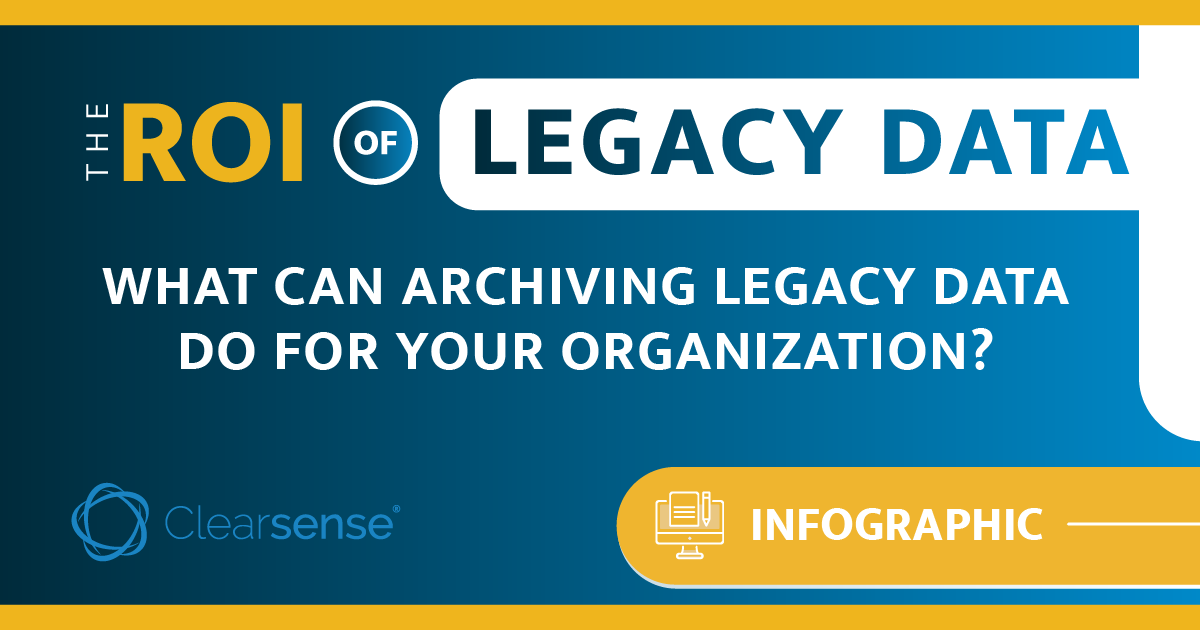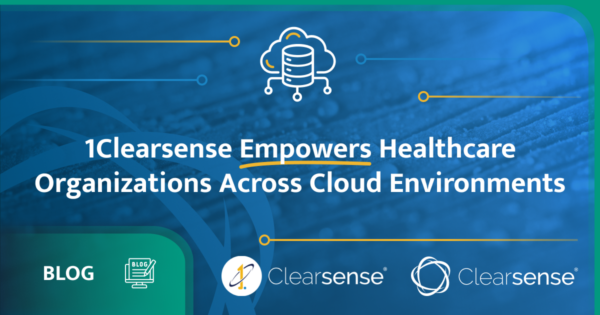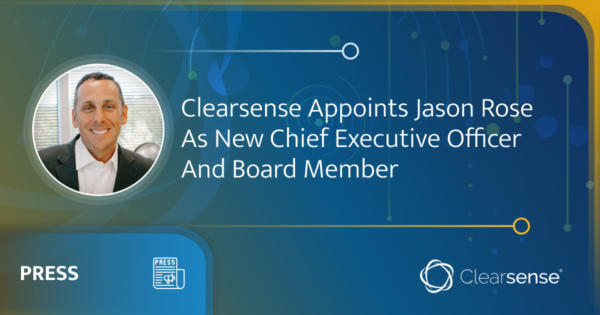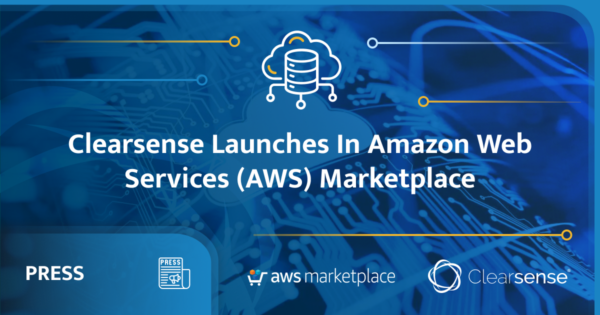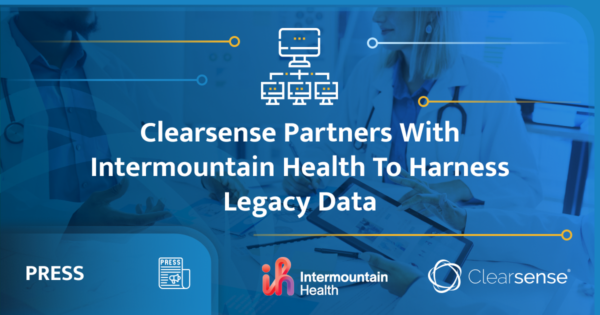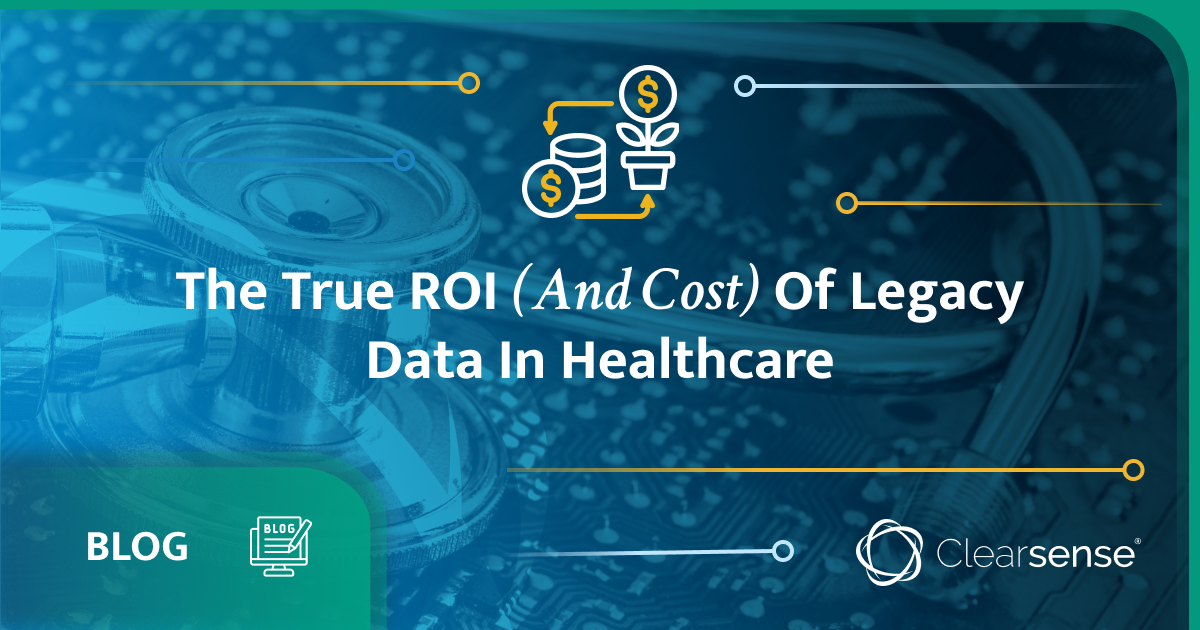
Legacy data in healthcare is a critical issue that needs attention. With the adoption of Electronic Health Records (EHR) systems, healthcare providers now have an abundance of data to help them make informed decisions. However, with the fast pace of technological advancement, many healthcare organizations are struggling to keep up with the latest technology and hardware needed to store and manage this data. At Clearsense, we believe that archiving legacy data is essential to delivering a return on investment (ROI) for healthcare organizations. Let’s take a closer look at the issue…

Healthcare Legacy Data: A Challenge
According to a recent report by Gartner, more than 80% of healthcare data is unstructured, making it difficult to analyze and interpret. Additionally, legacy systems and applications, such as those running on outdated hardware and software, pose significant challenges for healthcare providers.
A survey conducted by Healthcare IT News found that over 50% of healthcare organizations still use outdated systems and technologies, such as Windows XP and Windows 2000. This legacy infrastructure creates problems for data storage, management, and accessibility, as well as for data privacy and security.
Recommended Content
The Need for Archiving Legacy Data
Archiving legacy data can help healthcare providers save money while ensuring that critical data is accessible and secure. By decommissioning old systems and archiving data to newer, more secure systems, healthcare organizations can reduce the risks associated with legacy infrastructure and reduce the costs of managing and storing data.
According to a report by IDC, healthcare providers can save up to 50% on their data storage costs by archiving legacy data. Additionally, archiving can also help healthcare organizations reduce the risks associated with data breaches, as older systems are often more vulnerable to attacks.
ROI of Archiving Legacy Data
Archiving legacy data can deliver ROI for healthcare organizations in several ways.
- By reducing the costs of data storage and management, healthcare providers can invest their resources in other areas of the organization, such as patient care and research.
- Archiving also enables healthcare organizations to analyze data more effectively. With legacy data archived in newer systems, healthcare providers can use modern analytics tools to extract valuable insights from the data. This can help healthcare providers make more informed decisions, leading to improved patient outcomes and reduced costs.
Legacy data is a challenge for healthcare providers, but archiving can help organizations save money and improve data accessibility and security. By decommissioning old systems and archiving data to newer systems, healthcare providers can reduce the risks associated with legacy infrastructure and reduce the costs of managing and storing data. Additionally, archiving can deliver ROI by enabling healthcare providers to analyze data more effectively and make more informed decisions. As a leader in healthcare data management and analytics, Clearsense, Inc. is committed to helping healthcare organizations overcome the challenges of legacy data and improve patient outcomes.

